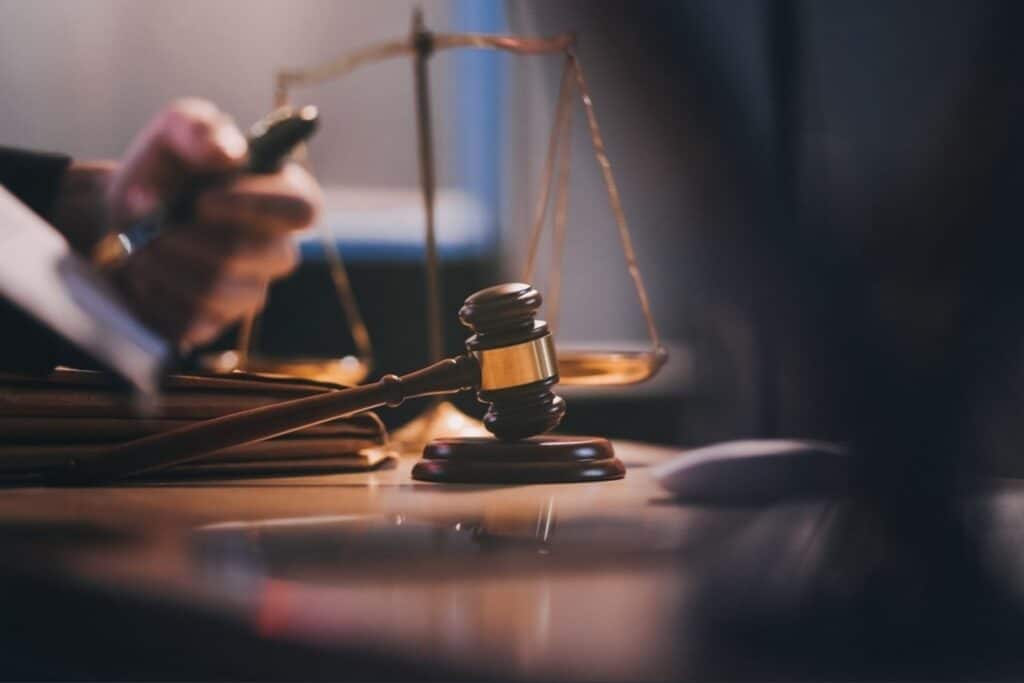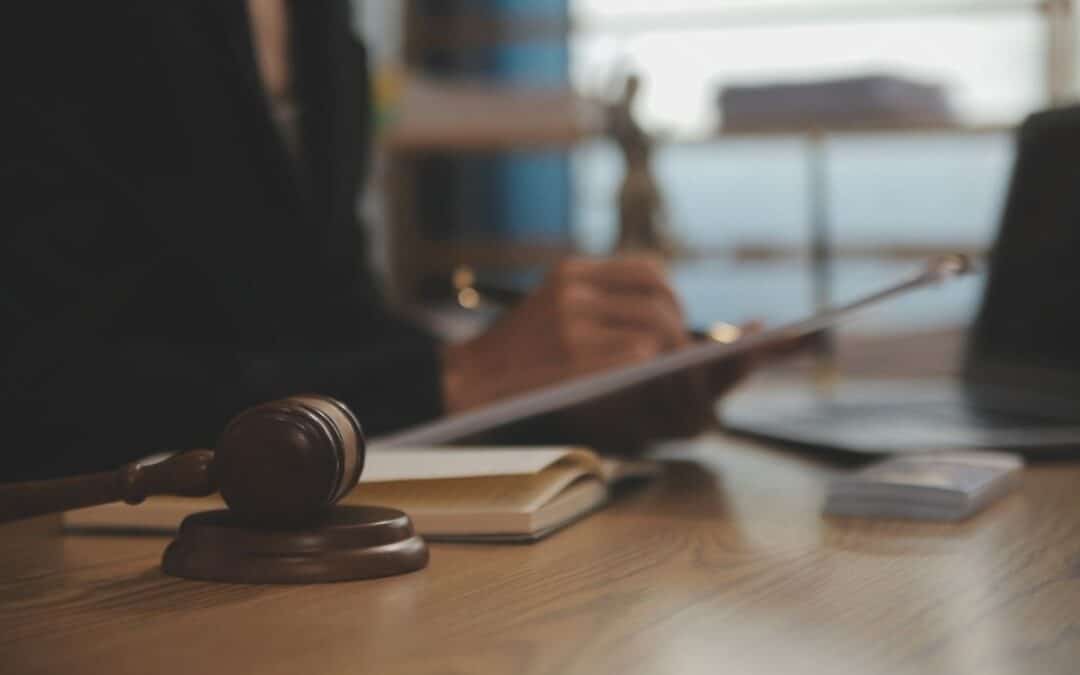Defamation is a serious legal issue that can have far-reaching consequences for individuals and businesses alike. In the United Arab Emirates (UAE), defamation laws are designed to protect the reputation and integrity of individuals and entities. Understanding these laws is crucial to avoiding legal pitfalls and safeguarding one’s rights. This blog aims to provide a comprehensive guide to defamation in the UAE, including what constitutes defamation, potential consequences, and legal remedies available to victims.
What is Defamation?
Defamation refers to the communication of false statements that harm the reputation of an individual or entity. In the UAE, defamation can take various forms, including libel (written defamation) and slander (spoken defamation). To constitute defamation, the false statement must be communicated to a third party and must result in reputational harm to the aggrieved party.
Elements of Defamation
To establish a claim of defamation under UAE law, certain elements must be satisfied:
False Statement: The statement must be false and not based on truth or fact.
Publication: The false statement must be communicated to a third party, either verbally or in writing.
Harm to Reputation: The false statement must result in reputational harm to the aggrieved party, causing damage to their reputation, integrity, or standing in the community.
Types of Defamation
In the UAE, defamation can occur in various contexts, including:
Personal Defamation: False statements that harm the reputation of an individual, such as accusations of criminal behavior, dishonesty, or immorality.
Corporate Defamation: False statements that damage the reputation of a business entity, such as false allegations of fraud, incompetence, or unethical practices.
Understanding UAE Defamation Laws: Key Rules, Consequences, and Legal Remedies
The UAE defamation laws make false and harmful statements about others a crime by making a number of false and harmful statements about others a crime and deeming this conduct criminal under the Penal Code and the Cybercrime Law.
As it relates to Cybercrime, the Cybercrime Law (Federal Decree-Law No. 34 of 2021) explicitly defines acts of defamation that take place online, applies AED 250,000 to AED 500,000 in fines, and specifically criminalizes defamation through the communications technologies.
The Penal Code (Articles 372–373) relates to defamation that is public in nature and carries a penalty of either a jail sentence or fines of up to AED 20,000. The law requires proof of a false statement, communication to a third party, and damages to the reputation of the victim to prove defamation.

Consequences of Defamation
Defamation can have severe consequences for both the individual making the false statement (the defendant) and the aggrieved party (the plaintiff). In the UAE, defamation is considered a criminal offense punishable by fines, imprisonment, or both. Additionally, the aggrieved party may seek civil remedies, including monetary compensation for damages suffered as a result of the defamation.
Legal Remedies for Defamation Victims
Victims of defamation in the UAE have legal recourse to seek redress for reputational harm. Some potential legal remedies include:
Criminal Complaint: The aggrieved party may file a criminal complaint with the police, leading to an investigation and potential prosecution of the defendant.
Civil Lawsuit: The aggrieved party may initiate a civil lawsuit seeking damages for reputational harm suffered due to defamation.
Public Apology: In some cases, the defendant may issue a public apology to the aggrieved party as part of a settlement agreement or court-ordered remedy.
Conclusion
Defamation holds a serious concept in the UAE. This may be further emphasised by the way libel is dealt with in the UAE, since the latter wants to protect people and businesses from being falsely accused or spreading lies about their integrity and reputation.
Therefore, defamation may result in serious consequences, and to avoid it, one should understand what a genuine defamatory statement is, what is regarded as a false statement, the publication of them to individuals, and then what reputational damage may be caused. There are personal and corporate defamation issues under UAE law. With either a civil remedy and/or a criminal consequence may come jail or fine.
The offender’s behaviour and damages to the victim will no doubt be significant considerations in or for parts of the determination of a punishment. Defamation victims may have a range of ways to remedy what has been done to them, whether via criminal complaints, a civil suit, or even a public apology. In the end, it is extremely important to be aware of these laws so you are able to vindicate your rights, keep your contract trustworthy, and responsibly communicate whether personal or professional.
If anyone requires assistance or possible representation in relation to a defamation matter, contacting the Best Lawyers in Dubai, such as Khairallah Law Firm, may be the best option.




Hi Team,
I would like to discuss about filing a defamation case . Please get in touch through email